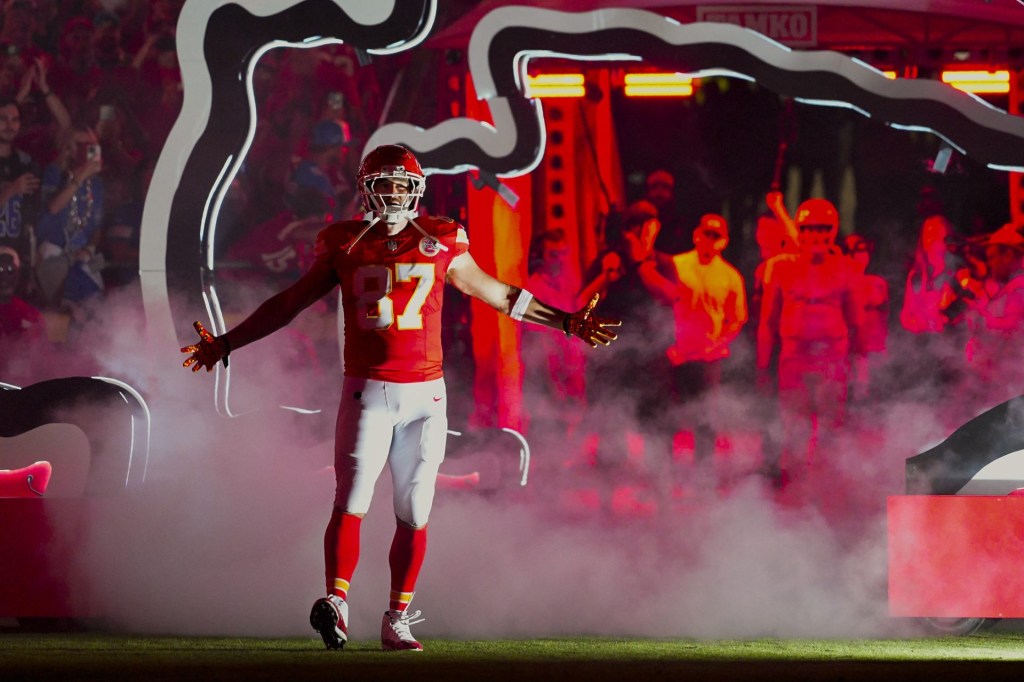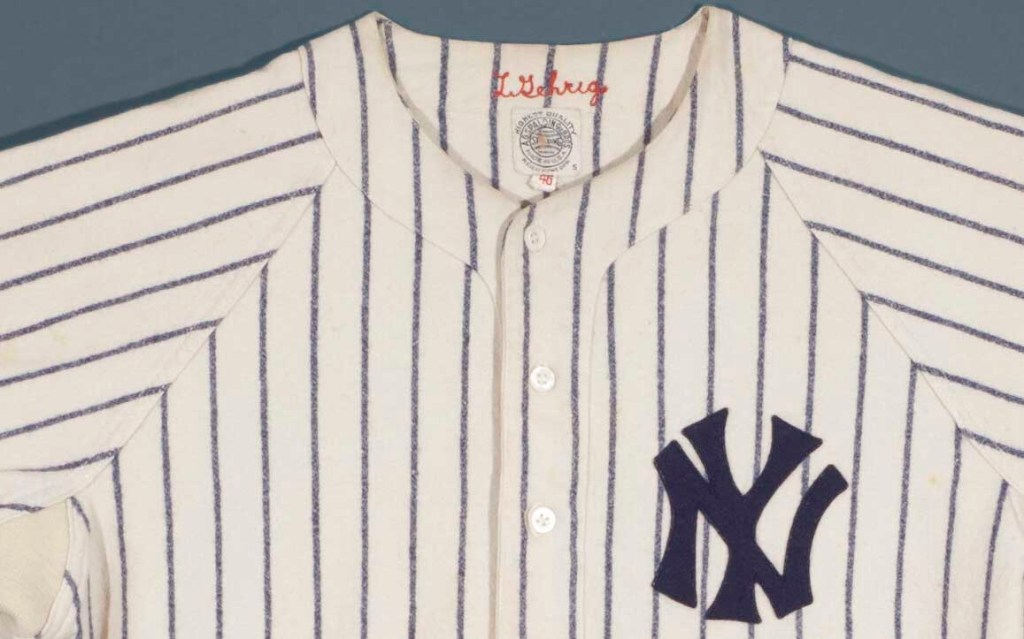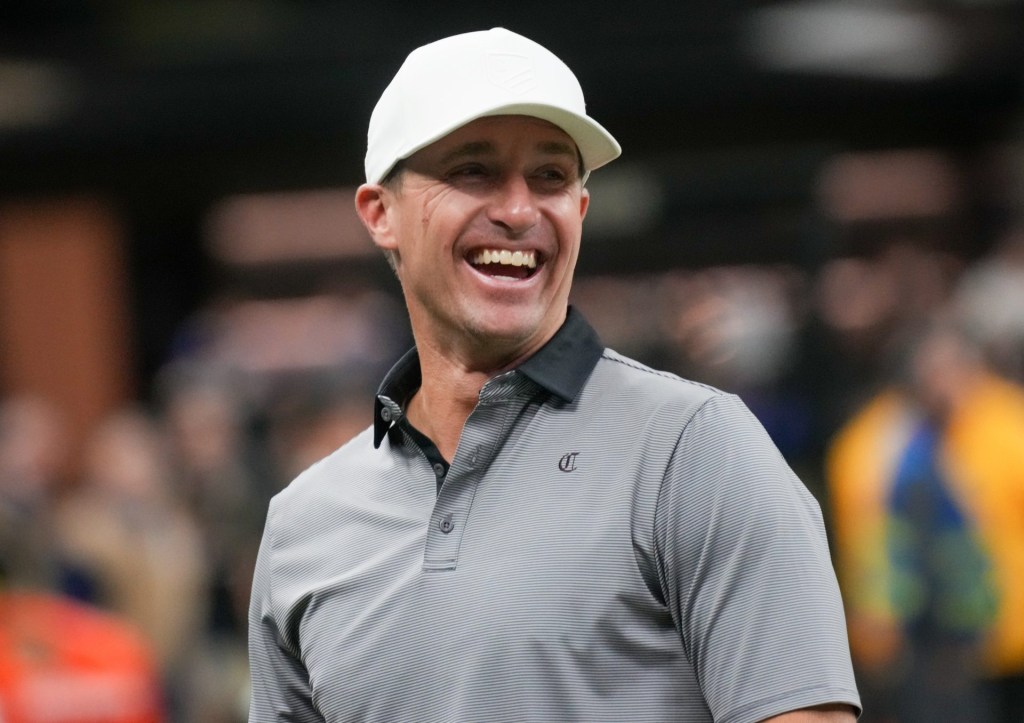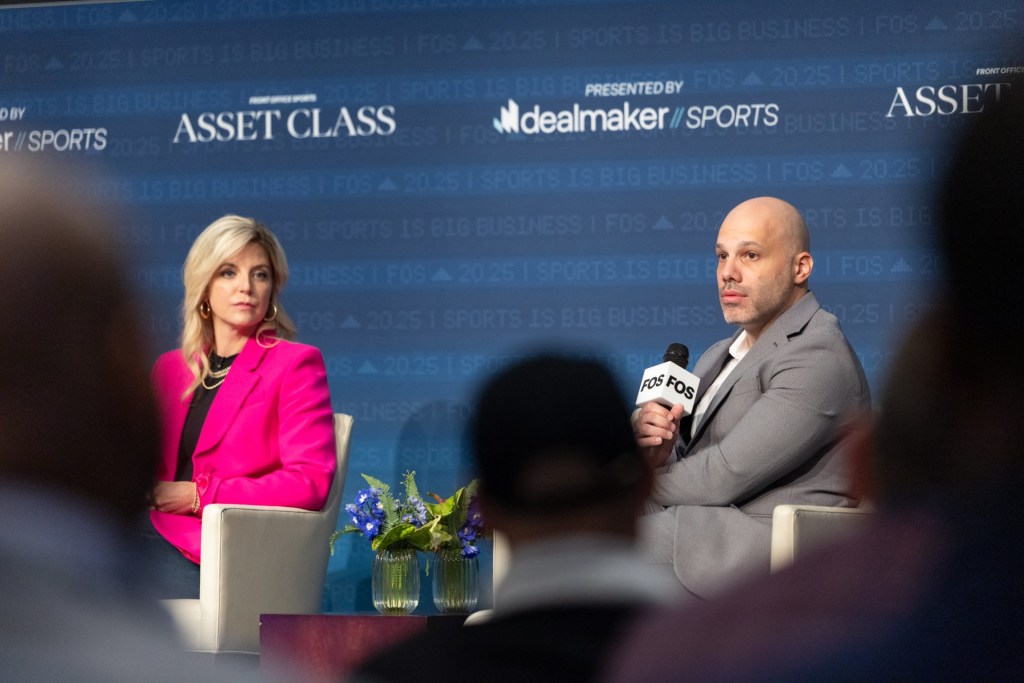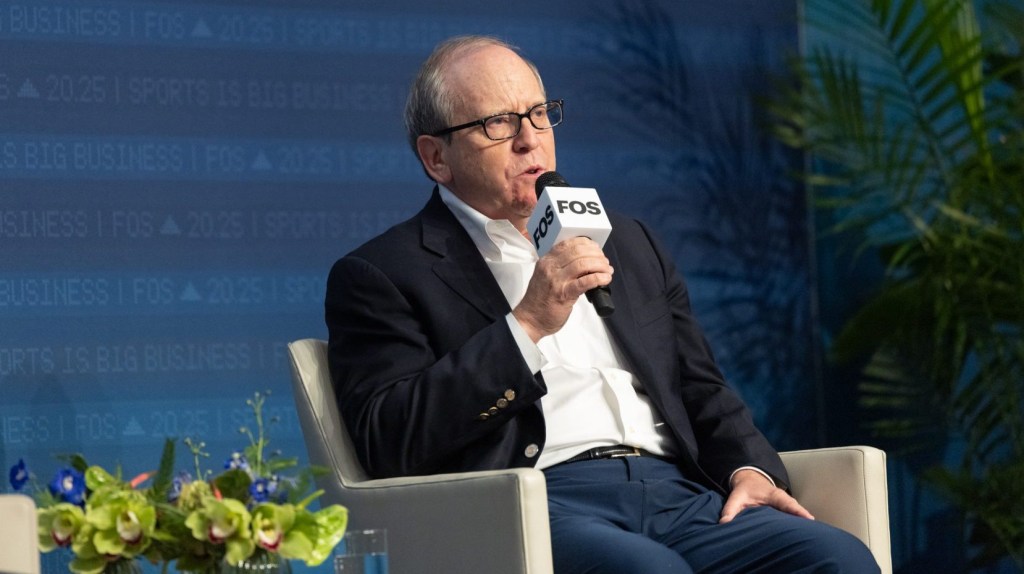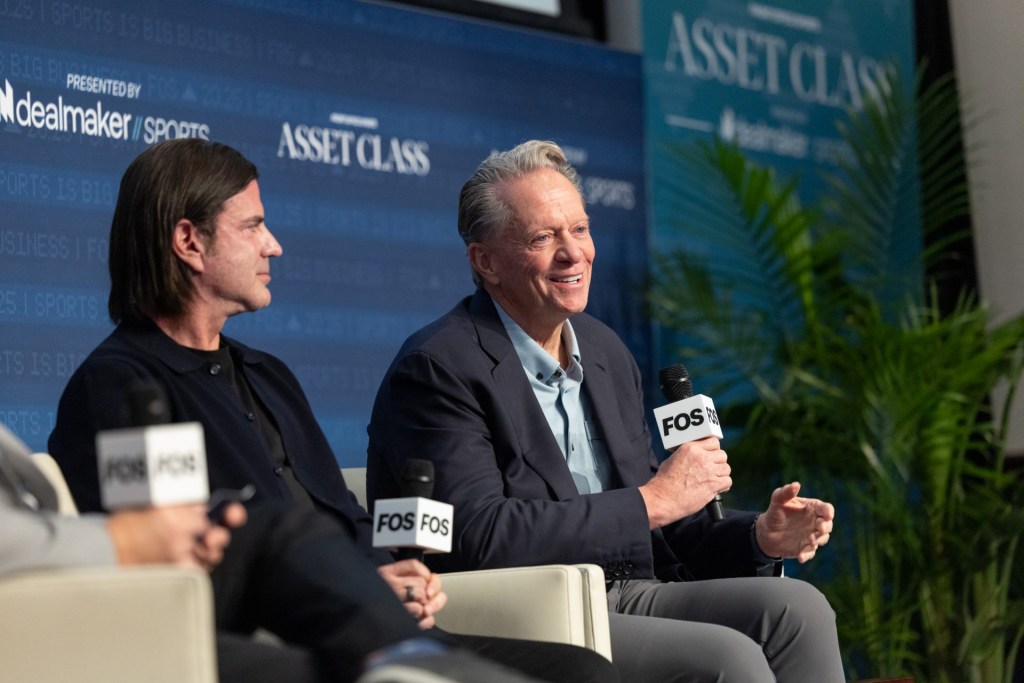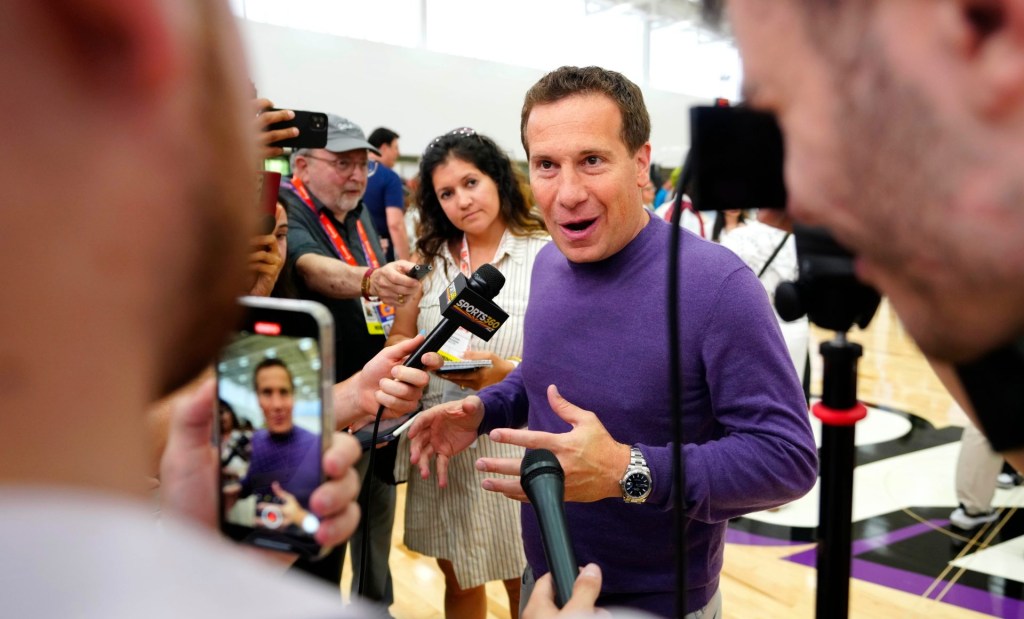Nearly two-thirds of NBA teams enter the 2025–26 season with at least some connection to private-equity money, a sign of both rising valuations and institutional investors’ growing sway in professional sports.
It wasn’t that long ago that the league didn’t even have a formal pathway for PE and other institutional investors to take minority stakes in teams. But with valuations starting to soar, commissioner Adam Silver made a proposal in 2019 that would allow private-equity investors to purchase minority stakes, and that structure was formalized in January 2021.
The NBA’s PE ownership rules remain strict. A single private-equity fund is allowed to hold up to a 20% stake in as many as five teams, but they are purely financial investments—the fund is not allowed to have any governance rights, and cannot have any say in team management matters. No more than 30% of a given team, in total, can be owned by private equity.
Dave Checketts, a veteran sports executive with long tenures running the Knicks and Jazz, previously told Front Office Sports that rising valuations will ultimately force the league to “open up” limitations on private-equity ownership.
As the season tips off, 20 of the 30 NBA teams have some kind of PE connection, according to PitchBook, although fewer than 10 have direct private-equity investors.
“We view private equity as a constructive way to support the league’s continued growth,” an NBA spokesperson tells FOS. “Minority investments from institutional partners can help strengthen our teams and grow our game, while our ownership rules ensure that our franchises remain led by a controlling governor, accountable to the league and its communities.”
Teams With Direct PE Investment
Today, several franchises feature private-equity firms as minority owners. The most recent PE minority owner is Sixth Street, which acquired a roughly 12.5% stake in the Celtics as part of Bill Chisholm’s $6.1 billion takeover announced last spring. Sixth Street also owns a reported 20% stake in the Spurs, which it picked up in 2021.
In 2022, Dyal HomeCourt Partners—an affiliate of Blue Owl—acquired a stake of about 6% in the Hawks. Dyal also owns an undisclosed minority stake in the Timberwolves, which it acquired in 2021, and a minority stake in the Hornets, which it acquired in 2023 when Michael Jordan sold his majority stake.
Arctos Partners owns minority stakes in three teams: the Warriors, Kings, and Jazz. It bought a 5% stake in the Warriors and a 17% stake in the Kings in 2021, and the following year acquired an undisclosed stake in the Jazz. Arctos is also invested in Harris Blitzer Sports & Entertainment, the company that owns the 76ers.
Owners With PE Backgrounds
Many NBA owners bring private-equity experience to the league, even if they’ve invested in teams in their personal capacity, not through a PE firm. Josh Harris and David Blitzer own the 76ers through their company—Harris cofounded Apollo Global Management (he stepped down in 2021), while Blitzer is still an executive at Blackstone Group.
When Joe Tsai purchased the Nets and Barclays Center in 2019, he did so with help from Blue Pool Capital, a firm he is involved with that invests across a range of strategies, including private equity. The Nets’ alternate governor, Ollie Weisberg, runs Blue Pool.
Justin Ishbia, an investor in the Suns alongside his brother and majority owner Mat Ishbia, is managing partner of Shore Capital. Tom Dundon, who just recently bought the Trail Blazers at a more than $4 billion valuation, is chairman of Dundon Capital Partners.
The Pacers, currently majority owned by Herbert Simon, will eventually be passed down to his son, Stephen Simon, cofounder of Simon Equity Partners.
The Pistons are majority owned by Tom Gores, founder of Platinum Equity, Cavaliers majority owner Dan Gilbert has ties to Rockbridge Growth Equity, and Todd Boehly of Eldridge Industries is part of the Lakers ownership group.
Rounding out the list of 20 teams with PE ties, Pelicans majority owner Gayle Benson founded Benson Capital Partners; Bucks co-owner Wes Edens cofounded Fortress Investment Group; Thunder co-owner Clayton Bennett is chairman of Dorchester Capital; and longtime Wizards owner Ted Leonsis is cofounder of Revolution Growth.
The PE Era Has Only Just Begun
The Bulls, Nuggets, Rockets, Grizzlies, Heat, Knicks, Magic, and Raptors have no private-equity connection, but that could change. Valuations are expected to keep climbing, thanks in part to the new $77 billion media-rights deal that only just kicked in this season. There are only so many buyers who can write the checks necessary to be part of NBA ownership groups—even those buying minority stakes.
Alex Michael, a managing director at investment and merchant bank LionTree, told FOS earlier this year that NBA teams—once a “trophy asset”—are now “compelling investment vehicles” viewed as lucrative investment opportunities for institutional investors, from private equity to sovereign wealth funds.
“Diversifying ownership and the increasing capital influx into the league reflects the NBA’s status as a stable and growing investment opportunity,” he said.
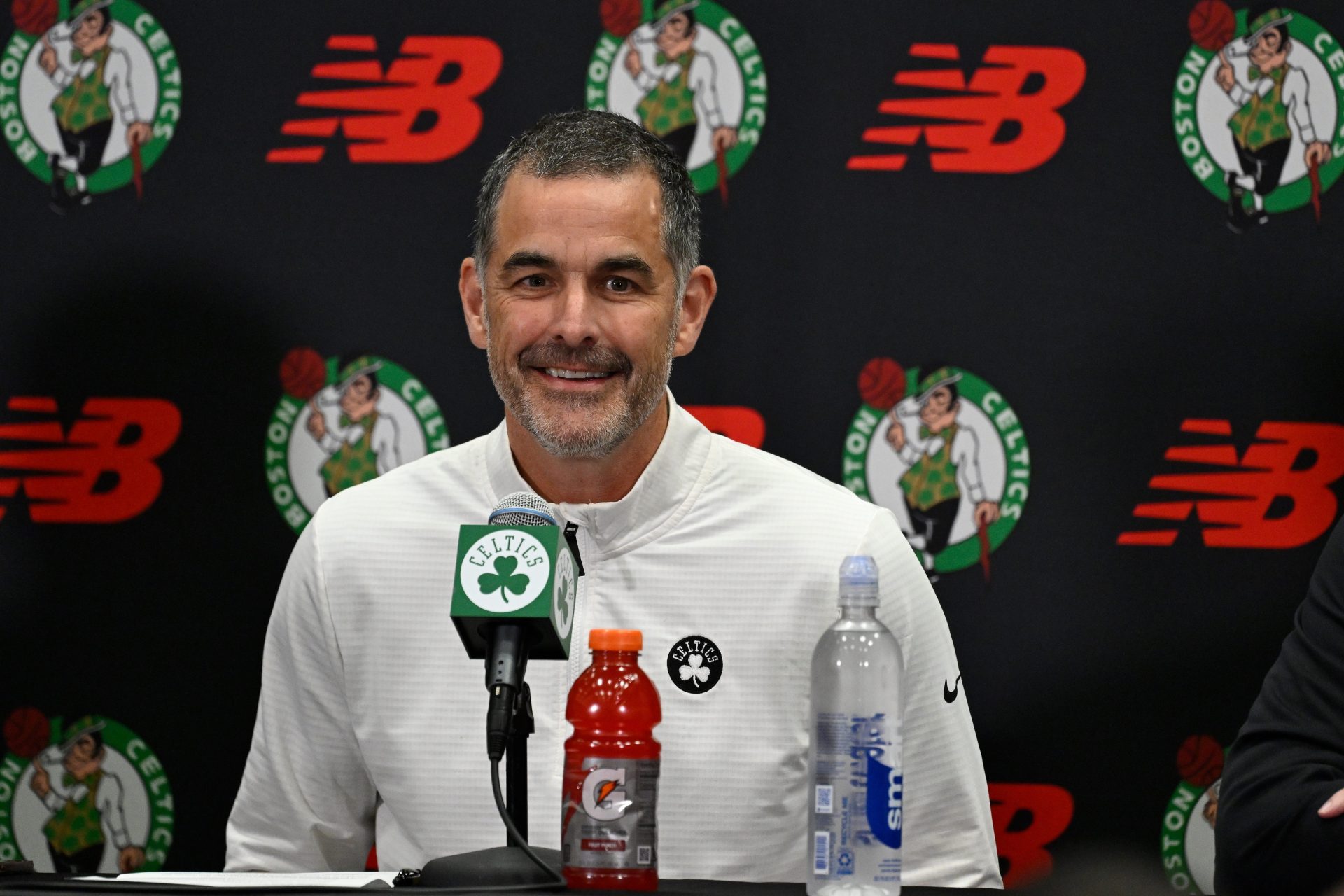
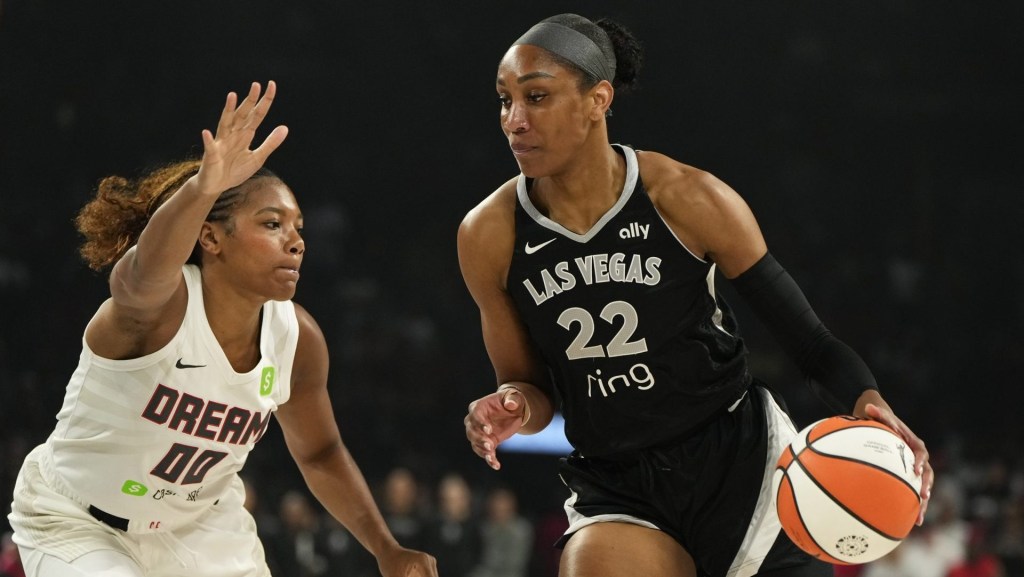
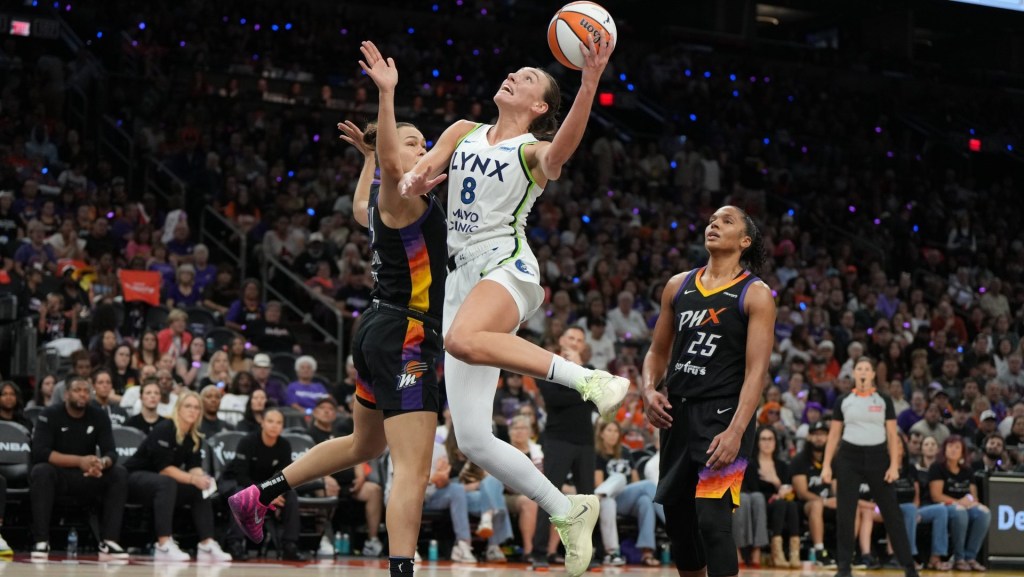
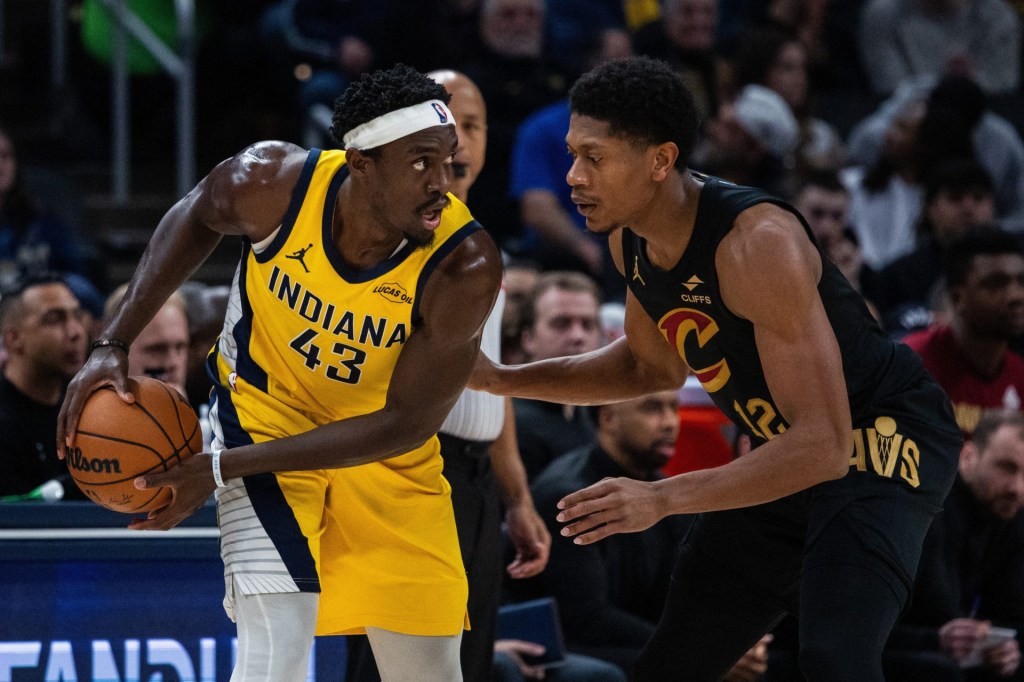
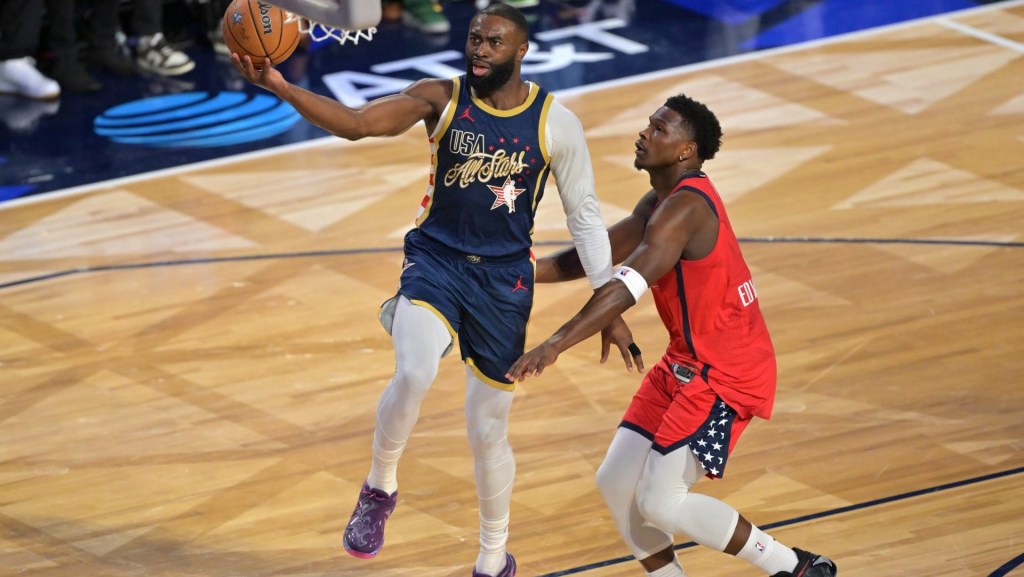
![[Subscription Customers Only] Jul 13, 2025; East Rutherford, New Jersey, USA; Chelsea FC midfielder Cole Palmer (10) celebrates winning the final of the 2025 FIFA Club World Cup at MetLife Stadium](https://frontofficesports.com/wp-content/uploads/2026/02/USATSI_26636703-scaled-e1770932227605.jpg?quality=100&w=1024)



